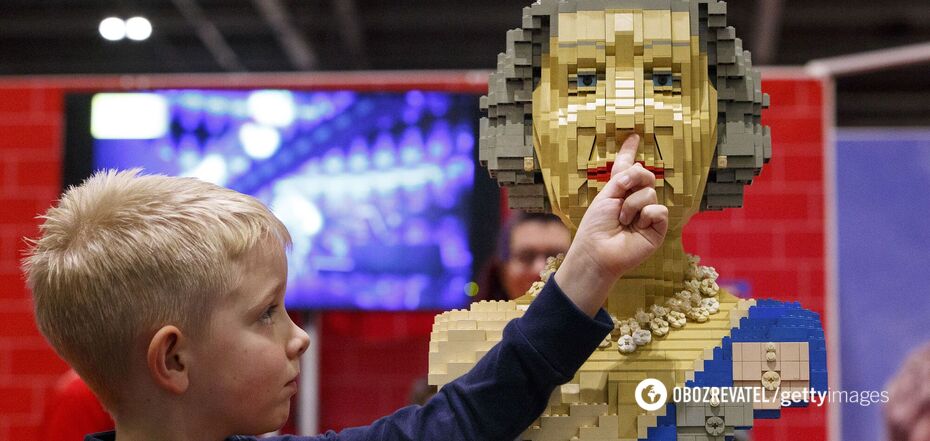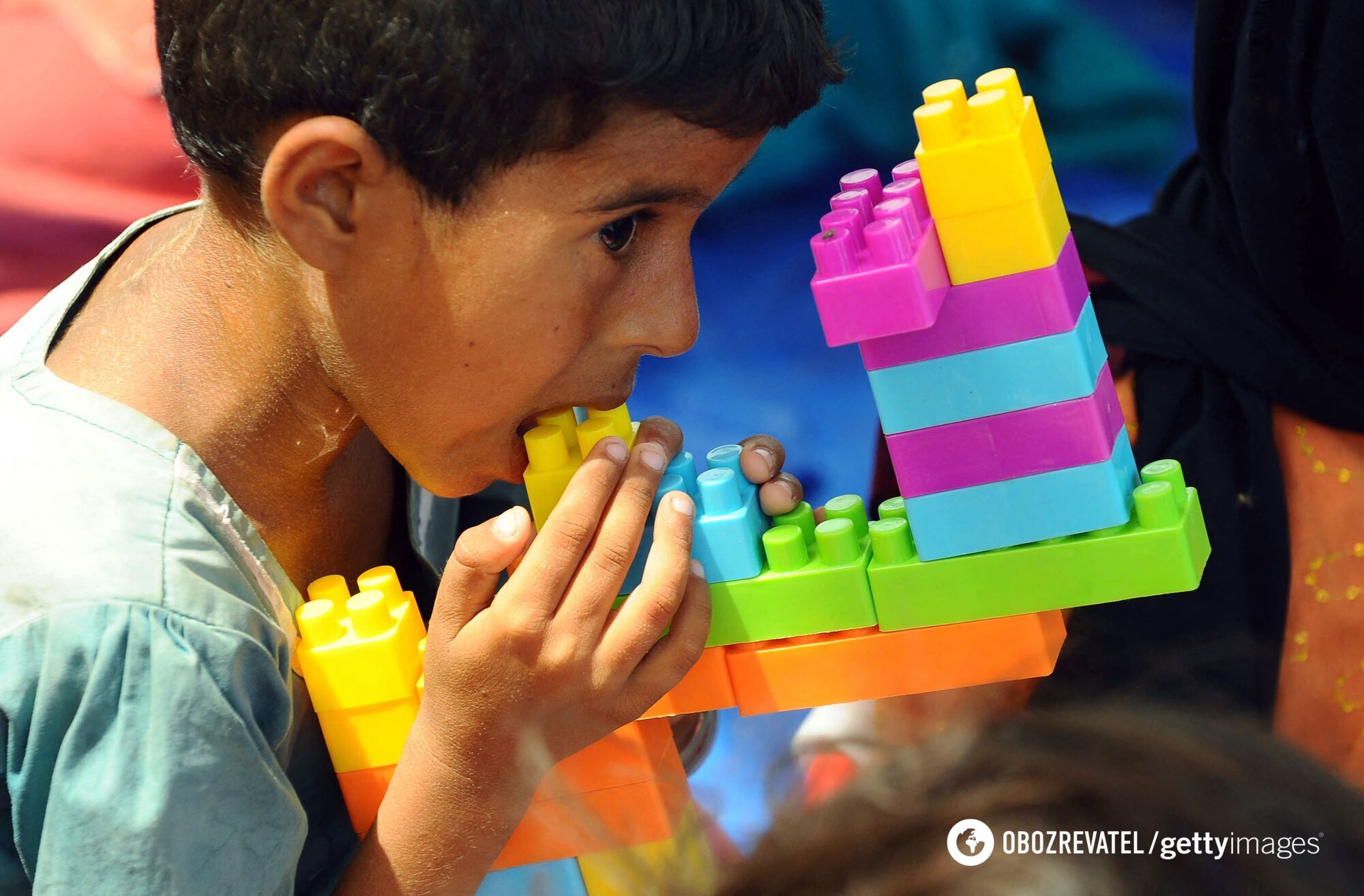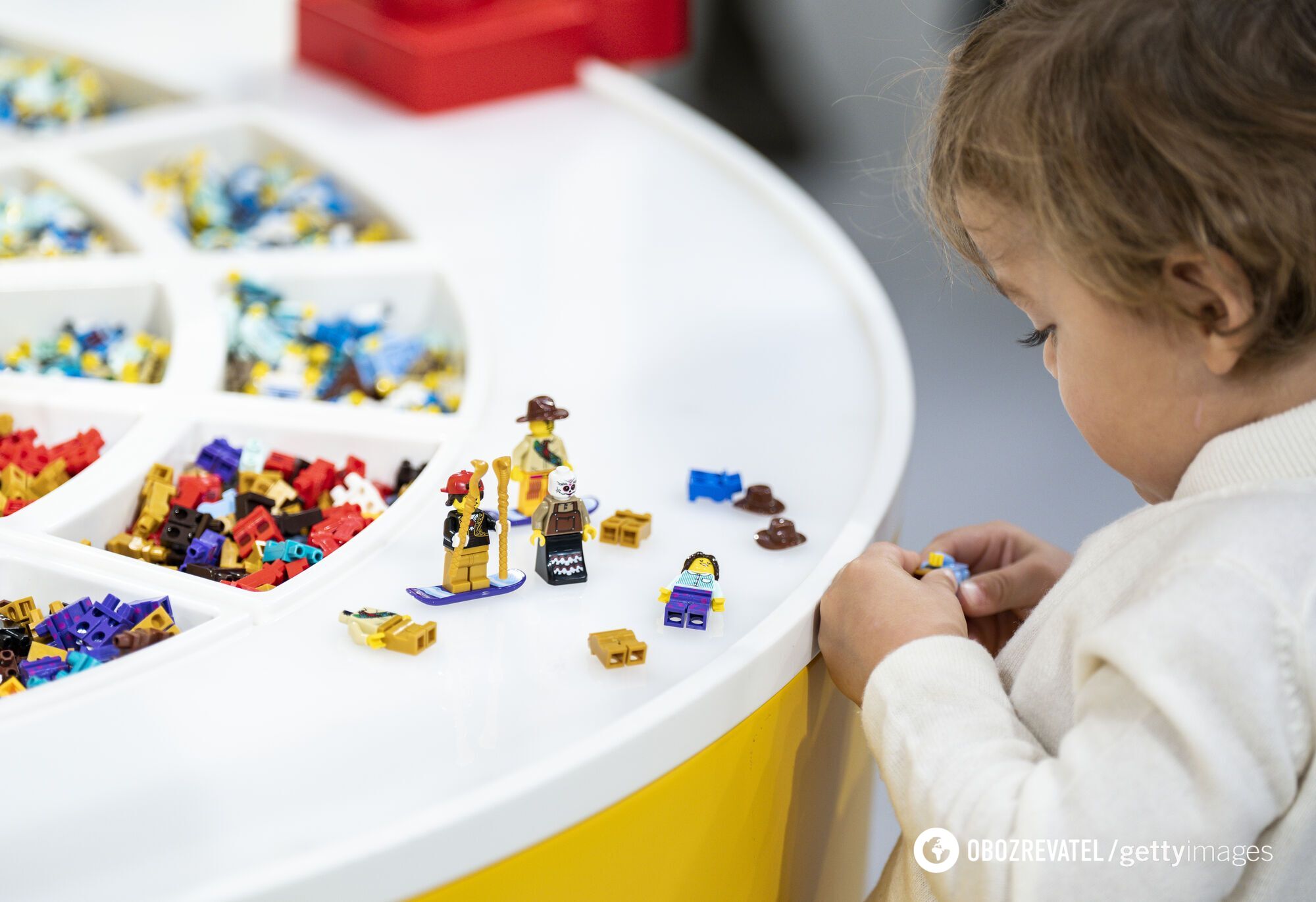News
Why children shove Lego and other small toys up their noses: there is a scientific explanation
One of the most important problems that parents of young children face is the surprising desire of kids to stick various small objects up their noses. The most common are Lego pieces, as well as beads, balls, batteries, buttons, and crayons.
Scientists have identified three main reasons why this happens. These include natural curiosity, motor skills development, and a limited understanding of risk, The Conversation writes.
Curiosity
Preschoolers explore the environment with their senses. They touch, taste, smell, listen, and look at everything around them. It's a natural part of their development and a big part of how they learn about the world.
Researchers call this curiosity-based learning. They say that children are more likely to explore unfamiliar objects. This may explain why toddlers tend to gravitate toward new objects at home. Unfortunately, this healthy curiosity sometimes leads to them sticking things in places they shouldn't, like their noses.
Children are great at copying
Young children often copy what they see. Studies that have tracked the same group of children over time confirm that imitation plays a vital role in a child's development. It activates certain critical neural pathways in the brain. Imitation is especially important when learning to use and understand language, as well as when learning motor skills such as walking, clapping, catching a ball, waving, and writing.
Simply put, when a child imitates, it strengthens brain connections and helps them learn new skills faster. Putting objects up their noses is also about copying. Toddlers see older children and adults touching their faces-when they have a runny nose or when they put on makeup or eat-and decide to try it themselves.
Children do not yet understand the risk
Kids are just curious. But they don't have the cognitive and reasoning abilities to realize the consequences of putting objects in their noses or mouths. This can be a dangerous combination. Therefore, keeping an eye on your baby is very important. Small, brightly colored objects, objects with interesting textures, or objects that resemble food are particularly tempting to toddlers.
What to do?
Sometimes it is obvious when your child has put something in their nose, but not always. Your child may have pain or itching around the nose, nasal discharge or bleeding, crying or complaining of pain or discomfort.
If you notice that your child has put something in his or her nose but cannot get it out, contact your doctor immediately. Some objects can easily damage the tissue, which can lead to infection and injury.
If you notice that your child is trying to put something up his or her nose, it is important to follow a few rules:
- Stay calm. Your child will react to your emotions.
- Assess the situation. Can you see the object? Can you remove it yourself? Is it urgent to see a doctor?
- Encourage your child to gently exhale air through the nose. This may help move the object.
- Take your child out in the sun to induce a "sun sneeze" and this can also help the object fly out of the spout. But avoid sniffing, as this can cause the object to move further down the airway and into the lungs.
- Never try to remove the object yourself with tweezers, cotton swabs, or other tools. This can push the object deeper into the nose, causing even more damage.
- Contact your healthcare provider. They can see and remove the item.
Prevention is better
Preventing these incidents starts with keeping small, shiny, attractive objects as far away from children as possible and teaching them not to put objects in their nose or mouth.
Curiosity is a hallmark of children and a key learning process in the early years. However, this curiosity combined with a limited ability to recognize danger can be a risky combination. Through danger awareness, supervision, and appropriate action in case of incidents, parents can keep their children safe while they explore the world.
Only verified information is available on the OBOZ.UA Telegram channel and Viber. Do not fall for fakes!






























